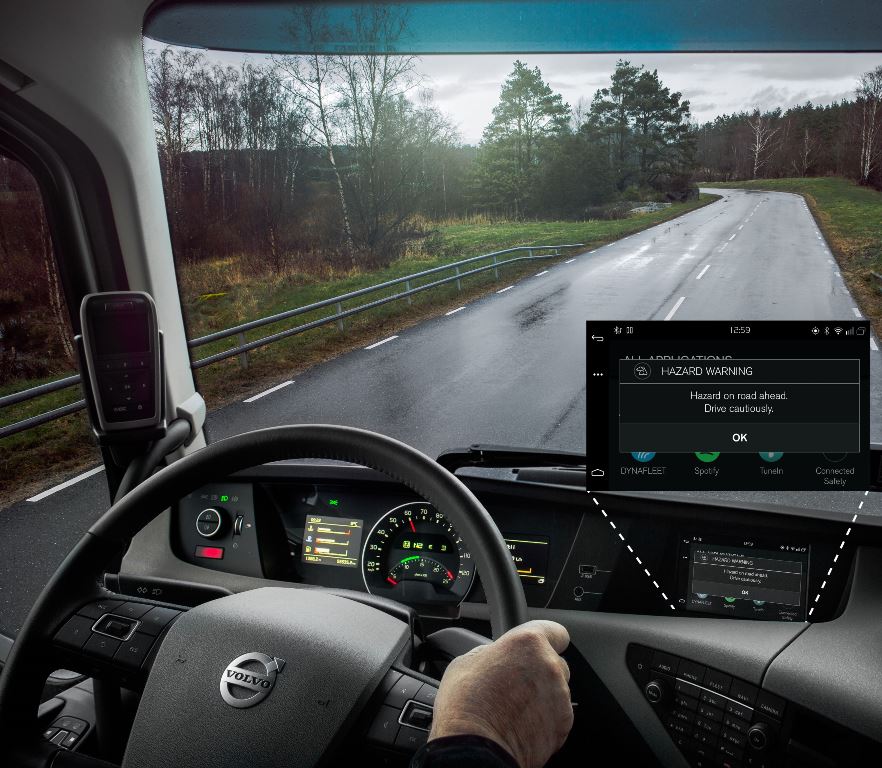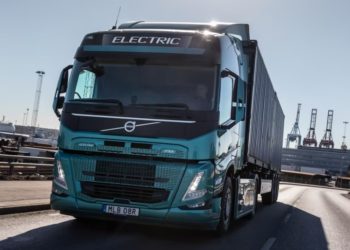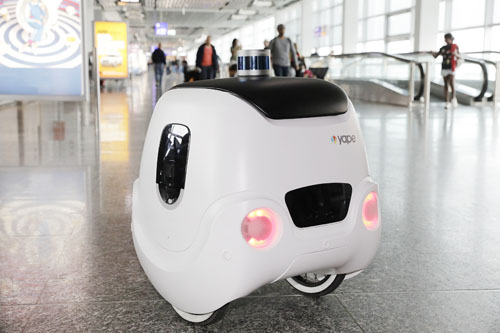Volvo Cars will merge its engine development and manufacturing assets with those of parent Geely, creating a division to supply in-house brands Lotus, LEVC, Lynk and Proton, and also potential rivals with next-generation combustion and hybrid engines.
It marks the latest example of consolidation in the engine manufacturing sector as tighter emissions rules hike development costs at a time when the expansion of electric cars calls into question the long-term demand for gas guzzlers.
Rival Volkswagen, which is in the midst of ramping up mass production of electric cars, has already warned its in-house suppliers to create structures to consolidate combustion engine assets.
Volvo currently builds 600,000 combustion engines, a number that rises to about 2 million when combined with Geely’s assets, allowing for savings on components and development costs, Volvo Chief Executive Hakan Samuelsson told Reuters.
That will allow the Gothenburg, Sweden-based brand to more sharply focus its resources on building and developing a range of entirely electrified premium cars.
“As a general business, combustion engines is most probably not growing. It is important to consolidate and seek synergies. It is another step transforming our company in the direction of electrification,” Samuelsson said in a phone interview.
In the medium term, Volvo will drop diesel engines altogether in favor of focusing on hybrid and electric powertrains, requiring further investments in fuel injection, turbo charging and brake recovery technologies.
Combining its operations with those of Chinese partner Geely will help achieve cost savings, Samuelsson said.
“On a component level, I see considerable cost savings. Most important is the development side. The engineers will get the resources to take the next step to develop top-notch hybrid engines,” Samuelsson said.
Geely in August reported a 40% drop in net profit, citing a sharp slowdown in demand for cars, while Volvo has rejigged its global production plans in an effort to reduce the impact of tariffs.
Geely bought Volvo Cars in 2010 from Ford Motor Co, allowing the Swedish brand to operate on an arms-length basis. But in recent years, it has deepened cooperation between the two brands.
Volvo already supplies engines to some Geely-branded vehicles, sharing technology through Geely’s Lynk brand. Both companies share and develop common vehicle platforms.
Global tariffs, accelerated by a trade war between China and the United States, as well as higher investment requirements for electric and autonomous vehicles, are forcing carmakers to seek new ways to cut and share costs.
Volvo in 2018 postponed plans to seek a separate stock market listing for the Swedish carmaker, blaming trade tensions.
The tightening of emissions requirements in both Europe and China is strengthening the industrial logic for combining Volvo’s and Geely’s operations, the Swedish executive said.
“The emissions requirements are getting tougher everywhere. China is catching up very rapidly. The days when China had outdated technology are gone,” Samuelsson said.
The new combustion engines business will combine 3,000 employees from Volvo Cars with 5,000 employees from Geely’s combustion engine operations, and include research, development, procurement, manufacturing, IT and finance functions, Volvo said.
The creation of the stand-alone business will result in no job losses, Volvo said.
The new stand-alone supplier could also equip outside rivals struggling to keep up with more stringent regulation.
“It can be an interesting alternative to third-party customers,” Samuelsson said.
(Reuters)


















































